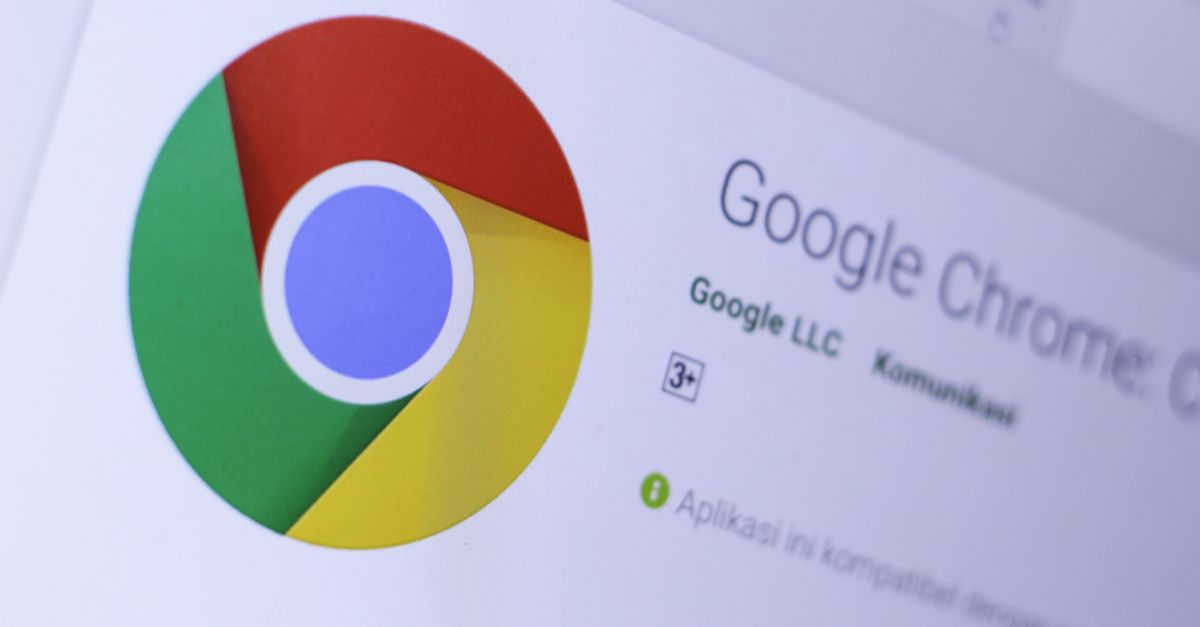Security News

Exploring the risky behavior of IT security professionalsAlmost 65% of the nearly 300 international cybersecurity professionals canvased by Gurucul at RSA Conference 2020 said they access documents that have nothing to do with their jobs. Increase web application security without causing any user disruptionIn this podcast recorded at RSA Conference 2020, Jason A. Hollander, CEO, and Paul B. Storm, President at Cymatic, talk about how their platform builds a defensible barrier around the user, so web-based threats can be stopped at the source.

Over the course of two days, hacking teams ranging from Flourescence, RedRocket CTF and Synacktiv attempted to hack Adobe's Acrobat Reader and Apple's macOS and virtualization platforms such as Oracle VirtualBox. During one hacking attempt, the Fluoroacetate team of Amat Cama and Richard Zhu, targeted Adobe Reader and then Windows with a local privilege escalation attack.

Over the course of two days, hacking teams ranging from Flourescence, RedRocket CTF and Synacktiv attempted to hack Adobe's Acrobat Reader and Apple's macOS and virtualization platforms such as Oracle VirtualBox. During one hacking attempt, the Fluoroacetate team of Amat Cama and Richard Zhu, targeted Adobe Reader and then Windows with a local privilege escalation attack.

We've already covered a variety of COVID-19-themed scams, phishing attempts, hoaxes and malware delivery campaigns, but new and inventive approaches are popping up daily. "BEC attacks are often delivered in stages. The first email sent is typically innocuous, meaning that they do not contain the attacker's end goal. The attackers craft plausible scenarios in hopes the recipient will reply. Once they're on the hook, the attacker will send their true ask.," the researchers explained.
In the midst of the ongoing coronavirus pandemic, facial recognition technology is being adopted globally as a way to track the virus' spread. But privacy experts worry that, in the rush to implement COVID-19 tracking capabilities, important and deep rooted issues around data collection and storage, user consent, and surveillance will be brushed under the rug. "While facial recognition technology provides a fast and zero-contact method for identifying individuals, the technology is not without risks. Primarily, individuals scanned by facial recognition services need to be aware of how their data is being used."
In the midst of the ongoing coronavirus pandemic, facial recognition technology is being adopted globally as a way to track the virus' spread. But privacy experts worry that, in the rush to implement COVID-19 tracking capabilities, important and deep rooted issues around data collection and storage, user consent, and surveillance will be brushed under the rug. "While facial recognition technology provides a fast and zero-contact method for identifying individuals, the technology is not without risks. Primarily, individuals scanned by facial recognition services need to be aware of how their data is being used."

Israel is using emergency surveillance powers to track people who may have COVID-19, joining China and Iran in using mass surveillance in this way. Today, we must ensure that any automated data systems used to contain COVID-19 do not erroneously identify members of specific demographic groups as particularly susceptible to infection.

It's a problem that many believe explains the abrupt decision by Google to delay the release of Chrome 81, the stable version of which was scheduled to start appearing on users' computers on 17 March. Due to adjusted work schedules at this time, we are pausing upcoming Chrome and Chrome OS releases.

The potential for COVID-19 to lead to a global economic downturn is the top concern for finance leaders in the US and Mexico, according to PwC. However, 90% of finance leaders say their business would return to normal in less than 3 months if COVID-19 were to end immediately. Key findings All finance leaders say their business is experiencing some impact as a result of coronavirus.

Amid numerous malicious attacks leveraging the current COVID-19 coronavirus crisis, security researchers have discovered an Android surveillance campaign targeting users in Libya. One of the COVID-19-themed attacks appears to be part of a larger mobile surveillance campaign operating out of Libya and targeting Libyan individuals, Lookout reveals.